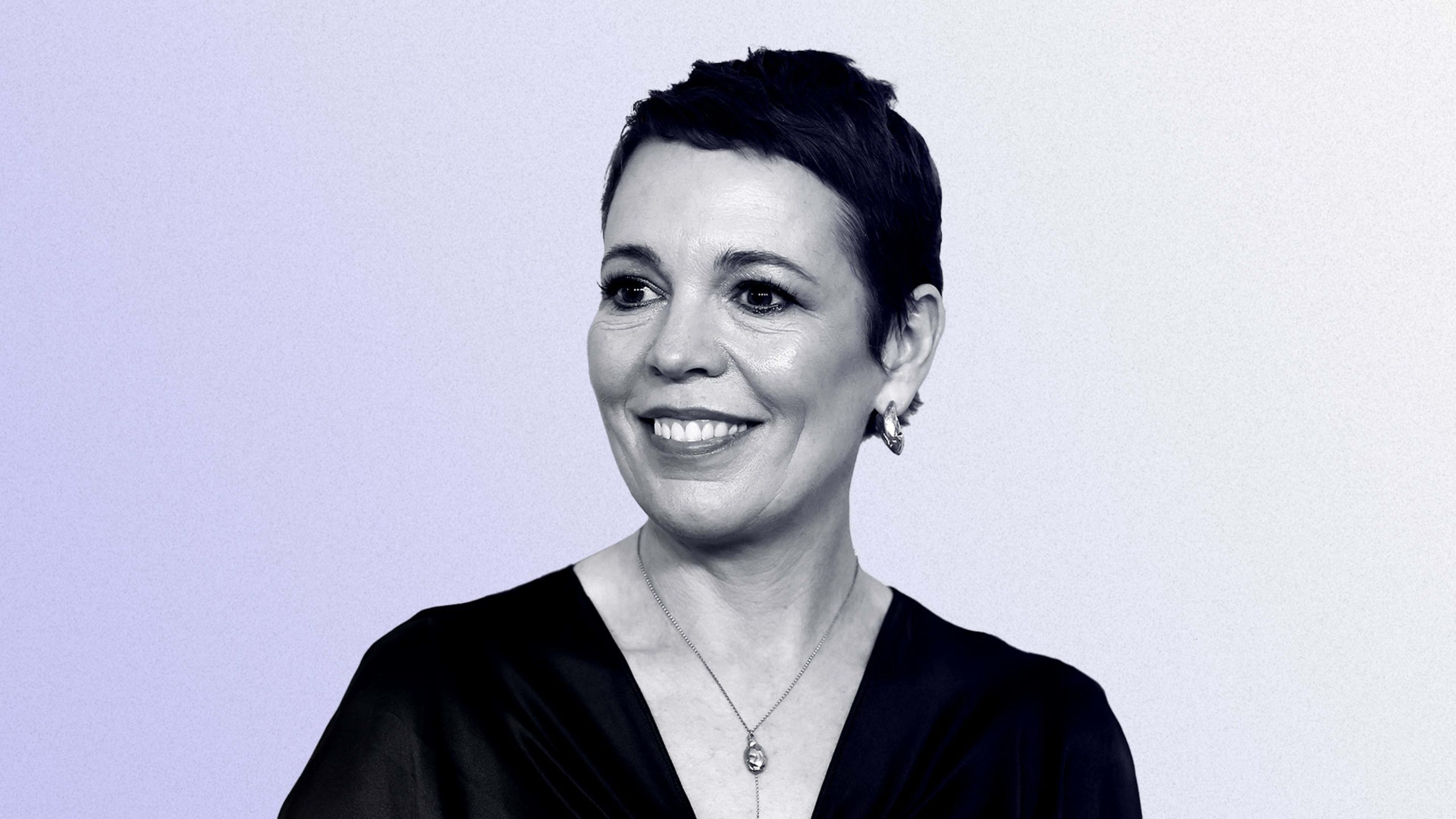Olivia Colman calling out Hollywood’s pay gap reveals a frustrating truth about salary negotiations for women at work
Companies sometimes use ‘precedent’ to determine what an employee is worth, even if the calculation is built on a faulty premise.
BY Shannon Cudd
A somber fact to reckon with as we near the end of women’s history month is that even today females working full time make only 84 cents on average for every dollar a white male makes. The wage gap increases for women of color. This even applies to Hollywood, and even at the highest levels.
Many actresses have spoken out about this over the years. Olivia Colman, multi-hyphen award winner (including an Oscar, Emmy, BAFTA, and Golden Globes), entered the conversation on a recent appearance on CNN’s The Amanpour Hour.
“Don’t get me started on the pay disparity, but male actors get paid more because they used to say they drew in the audiences,” Colman stated. “And actually, that hasn’t been true for decades, but they still like to use that as a reason to not pay women as much as their male counterparts.”
A faulty premise gets in the way
Before 2018, the negotiations for an actor’s salary started with their “quote.” This was the figure an A-lister would need to “show up on set.” The number was based on the actor’s previous paydays, and studios openly shared this information with each other, which allowed for systematic sexism. Actresses struggled to raise this figure while their male counterparts had precedent on their side. Women found themselves stuck on a hamster wheel with no way to break through to the next level. It was a catch-22 because the only way to raise your rate was to have your previous salary be higher.
Emma Stone advocated for one workaround to this system in 2017. “If my male costar, who has a higher quote than me but believes we are equal, takes a pay cut so that I can match him, that changes my quote in the future and changes my life,” she suggested to Out magazine.
There are too many examples of women earning less than their male costars to list them all. The 2014 hack of Sony Pictures’ emails revealed that both Jennifer Lawrence and Amy Adams were paid less than their male costars for their work on the film American Hustle. Ellen Pompeo made less than Patrick Dempsey on Grey’s Anatomy, despite her character being the protagonist of the series. Similarly, Claire Foy made less than Matt Smith on The Crown, despite portraying the regal central character.
A California law was passed in 2018 to combat this. Under California Labor Code 432.3, employers are no longer allowed to ask about a potential employee’s previous salaries. This was intended to pave the way for merit-based pay and close the gender pay gap.
However, there are ways to work around this law. If an actress chooses to disclose her quote, she’s no longer protected. According to Forbes, some negotiators will ask for “salary expectations” or “spheres of pay,” which is technically not illegal. Many well-established players already know the actress’ previous salaries and can use that information against them.
The checkered history of salary histories
This issue certainly isn’t isolated to Hollywood. Before labor laws started to challenge it, asking for salary history was a common practice in many industries. It is now illegal in 22 states. A 2020 study by the National Bureau of Economic Research found that the California salary history ban is working to actively close the gender wage gap. A similar study by Boston University’s School of Law showed the workers who changed jobs after the salary history bans saw a 5% pay increase.
Colman, for one, believes that there is still work to be done. When Amanpour asked if she has experienced gender-based wage discrimination, she did not mince her words. “I’m very aware that if I was Oliver Colman, I’d be earning a fuck of a lot more than I am,” she stated. “I know of one pay disparity, which is a 12,000% difference. Do the maths, I know.”

ABOUT THE AUTHOR
(4)


